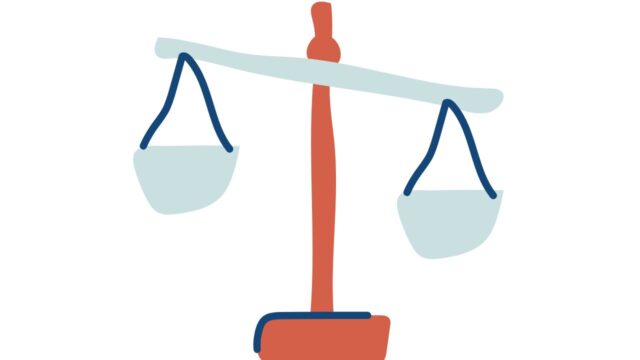
What is disequilibrium and how does it affect the economy
In economics, disequilibrium is a situation in which the market is not in equilibrium, meaning that there is an imbalance between supply and demand. This can lead to higher prices, lower incomes, and fewer jobs. Disequilibrium can be caused by a number of factors, including natural disasters, changes in government policy, or shifts in global demand. While it can be disruptive in the short-term, disequilibrium can also lead to new opportunities and growth in the long-term. For example, a period of economic Disequilibrium may encourage businesses to innovate and find new ways to increase efficiency. It can also lead to the development of new products and services that meet the needs of consumers in a changing marketplace. Ultimately, while disequilibrium can be challenging, it is also an essential part of a healthy economy.
Types of disequilibrium
There are three main types of disequilibrium: economic, social, and ecological. Economic disequilibrium occurs when there is a mismatch between production and demand in the marketplace. This can lead to inflation or recession. Social disequilibrium happens when there is a breakdown in social cohesion, often due to economic disparities. This can lead to crime, poverty, and homelessness. Ecological disequilibrium occurs when the environment is unable to support the current level of human activity. This can lead to climate change, deforestation, and water scarcity. Disequilibrium can have devastating consequences for individuals, communities, and entire nations. It is therefore important to be aware of the different types of disequilibrium and their potential effects.
Causes of disequilibrium
Disequilibrium occurs when the demand for a good or service is not equal to the supply. This can happen for a number of reasons, but the most common cause is a change in prices. If the price of a good or service goes up, consumers will demand less of it and producers will supply more. This often happens when there is an increase in costs, such as raw materials or labor. Another common cause of disequilibrium is a change in technology. For example, if a new manufacturing process is developed that makes it cheaper to produce a good, there will be an increase in supply and a decrease in demand. Lastly, changes in government policy can also lead to disequilibrium. For example, if the government imposes tariffs on imported goods, this will make them more expensive and lead to a decrease in demand.
Effects of disequilibrium on individuals, businesses, and governments
One of the most significant effects of economic disequilibrium is the impact it can have on businesses. When demand for goods and services falls, businesses are forced to cut costs in order to stay afloat. This often means reducing staff levels and cutting back on investment. As a result, businesses can become less productive, which can further exacerbate the effects of economic downturn.
Governments can also be affected by disequilibrium. For example, tax revenue may decrease as businesses scale back their operations. This can lead to cutbacks in government spending, which can further harm the economy. Individuals can also be impacted by disequilibrium. For instance, unemployment may rise as businesses reduce their staff levels. This can lead to financial hardship for individuals and families. In summary, Disequilibrium can have far-reaching effects on businesses, governments, and individuals.
The future of Disequilibrium
The future of Disequilibrium is shrouded in mystery. The most we can do is speculate based on the information we have. Some experts believe that Disequilibrium will continue to rise, leading to more widespread panic and chaos. Others believe that the opposite will happen, and that Disequilibrium will start to fall as people begin to adapt and find ways to deal with the disorder. Regardless of what happens, it is clear that Disequilibrium will continue to have a major impact on the world in the years to come. Whatever the future may hold, we must be prepared to face it head-on.

































